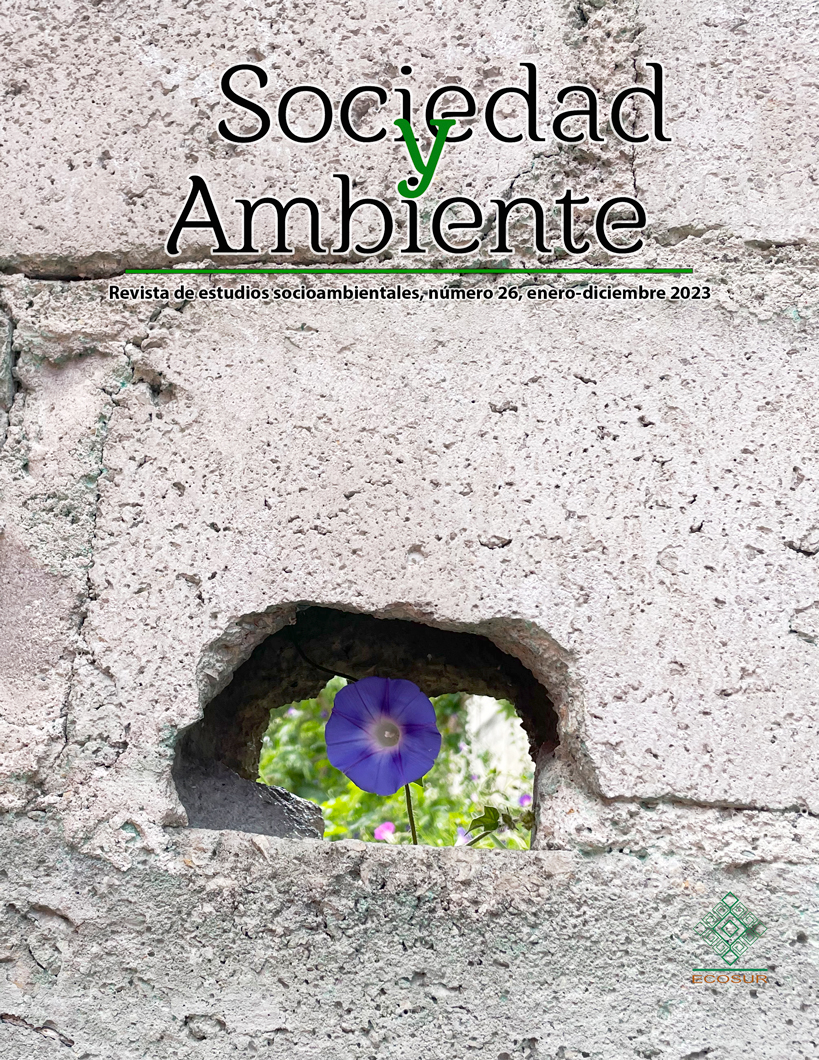Abstract
Faced with the climate emergency, the response of most of the population is still weak, if not absent. The COVID-19 pandemic aggravated this situation and reduced the visibility and priority of the problem. In this context of multiple crises, it is necessary to understand the elements that inhibit participation and involvement in the face of the climate emergency. With this objective, this article will show how emotions influence the perception and response to climate change and how they can be an explanatory variable for the lack of problem response. We collected the data from surveys and interviews applied to various social groups in Mexico City between 2019 and 2022. After analyzing the answers, we found that, although the emotions generated by information on climate change are diverse, they are generally unpleasant and uncomfortable, which can lead to alienation, paralysis, or denial of the problem. The discussion of the results will show how to pay attention to the emotional dimension of the climate crisis and will contribute to generating narratives and developing strategies to promote a proactive response to the climate emergency.

Sociedad y Ambiente by ECOSUR is licensed under a Creative Commons Reconocimiento-NoComercial-SinObraDerivada 2.5 México License


